FASCIST MUSIC
|
1982's Trans is an incredible artifact. It's mostly anti-fascist, but it's got some obviously fascist elements, so it fits here, and its story is just wild.
If "Neil Young's synth album" isn't enough for you, consider a few things: - It is almost entirely sung through a vocoder. - It is almost completely indecipherable. This was on purpose. Young's son was born with severe cerebral palsy and the fog of synth and vocoder was meant to represent his son's efforts to communicate. - Scattered amidst such deeply inaccessible electronic tracks as "Computer Age," "Computer Cowboy," and "We R in Control," are some light, organic country-blues songs that sound like they were lifted from another album. In fact, they were! That album, per Young, was "a tropical thing all about sailing, ancient civilizations, islands and water." - This was the first album Young recorded for his new label, Geffen. It was such a colossal fuck you, as well as a commercial and critical bomb, that the label sued him for deliberately sabotaging himself by releasing "uncharacteristic" material. This album is fascist in all the obvious ways. Computers dominate the landscape lyrically and musically, to the point that Young himself is a computer. The album art shows a computerized graph-paper hologram man hitchhiking toward a dystopian metropolitan future in some kind of DeLorean, while a shaggy guy heads to the woods in some old hearse. But in deeper, more important ways, it's anti-fascist. Young's son was crying out to be heard, a lone, small voice in a world that had no time for him. That effort was worth something. Young himself mimicked it, and when his strained falsetto occasionally breaks through the vocoder, it is actually stirring. And yes, hologram man is off to town on the cover. But where is the shaggy guy going? Off to foment revolution, probably. There's hope on Trans.
0 Comments
This demented January 2016 performance by USA Freedom Kids was an immediate legend of fascist music. The fascist nature of this performance is total, from concept (let's get some little girls to extol Dear Leader) to presentation (American flag costumes!) to setting (some batshit rally in Pensacola) to lyrics ("Enemies of freedom / Face the music / Come on boys, take 'em down!") to music (blippy and hellish) to the mere existence of this band (Florida Svengali devises scheme for his daughter to perform and gain him $$). It should be obvious that this video occupies rare air even among its fascist brethren.
The best (worst?) part of this whole thing is that the object of their jingoistic praise is now the not-unfascist President of the United States. Perfect. I only regret that I have but one post to give USA Freedom Kids. David Bowie's death in January triggered many deserved tributes. He was the greatest rock star ever.
But during the 1990s (technically 1987 to 2003), he released an amazingly long and unbroken string of terrible fascist albums. It would take a perverse revisionist* -- and there were plenty in the weeks after his death -- to deny how far he fell during these years. The Cliff's Notes Bowie is this: He came on the scene in the late 1960s as a psychedelic folkie, then hit his creative stride in the early 1970s as the glam Ziggy Stardust. He soon turned to "plastic soul," the Thin White Duke persona, and mountains of cocaine. Clean by 1977, he headed to Berlin to release a trio of artsy, acclaimed albums. Then he wanted to get popular again and released a big, ominous, arena-rock album (Scary Monsters... and Super Freaks) and two popular dance-rock albums (Let's Dance and Tonight). After these commercial successes, Bowie was at a crossroads. He chose fascism.
After so many embarrassments, it was time for Bowie to finally give up, which he did. But in a happy coda, 10 years later, he released two pretty good albums, 2013's The Next Day and 2016's Blackstar. His output from 1969 to 1983 had already ensured his legacy, but these two showed he was at least capable of humor, drama, and striving -- antidotes to fascism all -- and willing to share his gifts in his waning years. *One revisionist, Jason Hartley, came up with the Advanced Genius Theory to address work exactly like Bowie's 1990s output. Per Hartley's theory, since Bowie is an acknowledged genius, it's natural that the genius present in his work would eventually exceed his audience's ability to appreciate it. The "problem," then, lies with us, not Bowie. 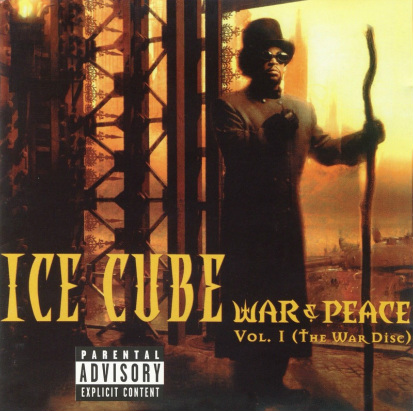 In this grim and bizarre image, Cube is styled as a top-hatted (!), cassocked ruler of a dystopian hellscape. A tank rumbles through the smoky ruins of a city, presumably commissioned by Cube to polish off the survivors. Cube, meanwhile, is insulated from the madness in some kind of iron structure that nonetheless boasts the ornate trim befitting a ruler of some kind. Cube holds a staff, crucial for the works he'll conduct as leader of this post-apocalyptic world, and with his right hand offers some sort of Illuminati salute. To top everything off, this CD cover is "3D," in the late-1990s sense of "tilt this CD back and forth, and you will perceive motion." In 1998, this packaging was neither modern nor particularly impressive, but it was expensive and maximalist. You wouldn't be crazy to consider this to be "peak CD cover." Ironically, Cube's persona on the album is the opposite of this totalitarian figure. The same bleak, fascistic atmosphere prevails, but Cube's role is that of a quasi-revolutionary on the run, working shadowy angles to defeat his enemies. With the dubiously valuable assistance of his sidekick Mr. Short Khop, Cube talks surreptitiously on cell phones, gets crippled by an assassin's bullet, and eventually slinks around the United States attempting to avoid extradition. Sure, he enjoys good moments smoking marijuana in the Hotel Niko sauna and owning "a mansion and a yacht," but he is not the solemn power figure of the cover. Maybe the cover is meant to represent Cube's successful fate following the events of the album. If so, it's a poignant reminder that deposing fascism often leads to nothing but more of it.
As if all that wasn't fascist enough, he had to smother his name all over the 1992 charts with two separate albums of bloat. Let some other people have a chance, Boss!
The gold standard. The system crushes the individual.
Mindless repetition of shapes, icons, and slogans. From the claustrophobia-inducing center -- where "JAZZ," in pink, the stand-in for humanity, is evidently trying to escape -- one encounters choking circles, one after another. If you are somehow able to escape the inner rings, you soon confront another, different set of rings. There is no end, no escape, as the rings gradually become infinitesimally close together. The album's title is cruelly ironic. Jazz is the freest, most organic 20th-century musical form. Its language is abstract and improvisational; its images are colorful. With its computer-generated black and white circles, this is the furthest thing from jazz. |
What is fascist music?In Dave Marsh's 1979 review of Queen's Jazz, he wrote, "Indeed, Queen may be the first truly fascist rock band." No other word so neatly expresses supremacy of the powerful and devaluation of the individual. Archives
August 2022
Categories
All
|
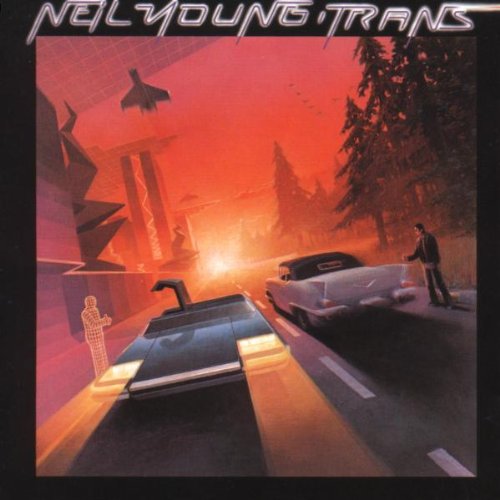
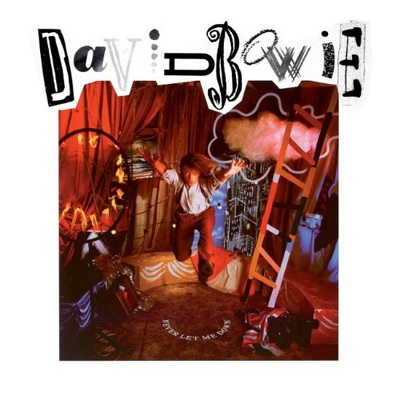
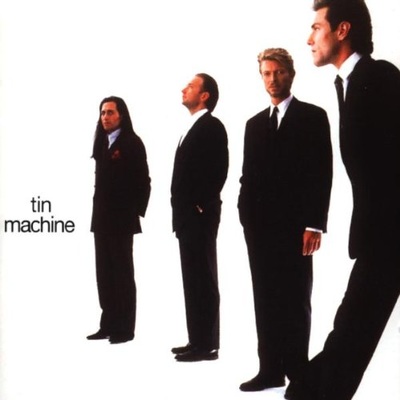
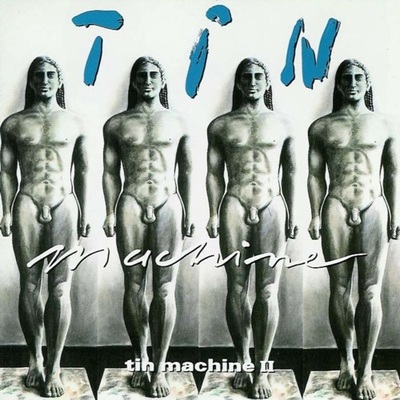
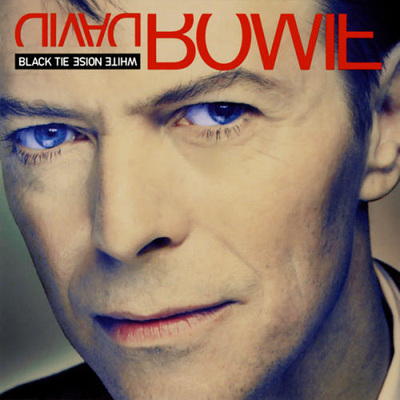
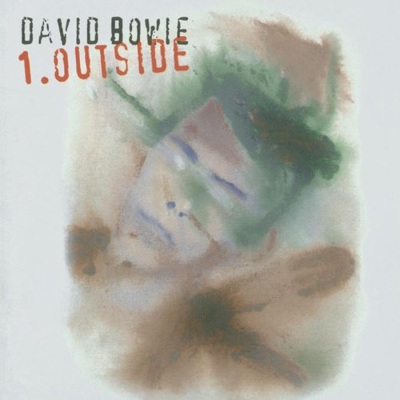
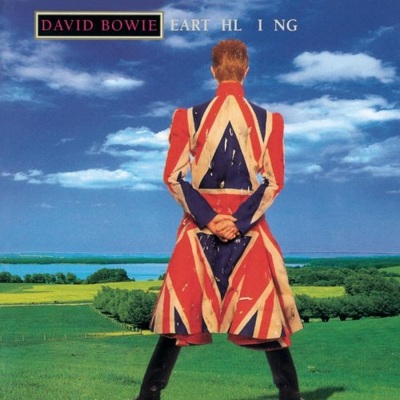
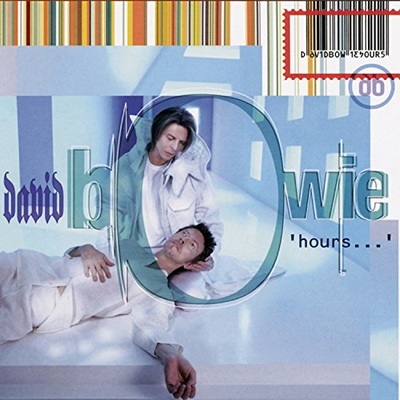
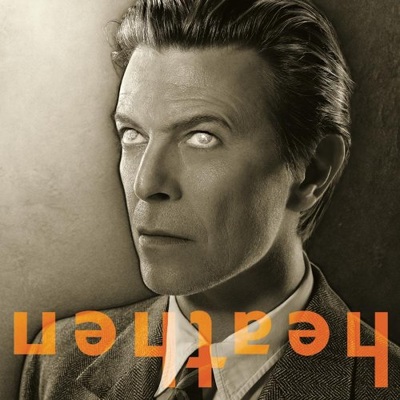
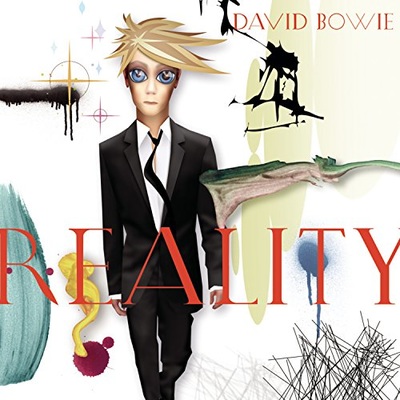
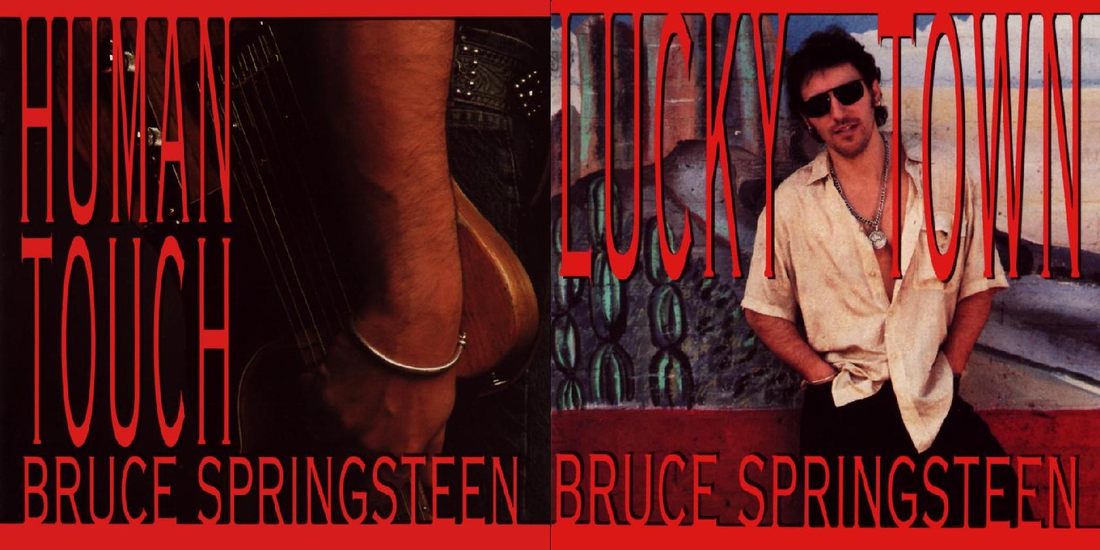
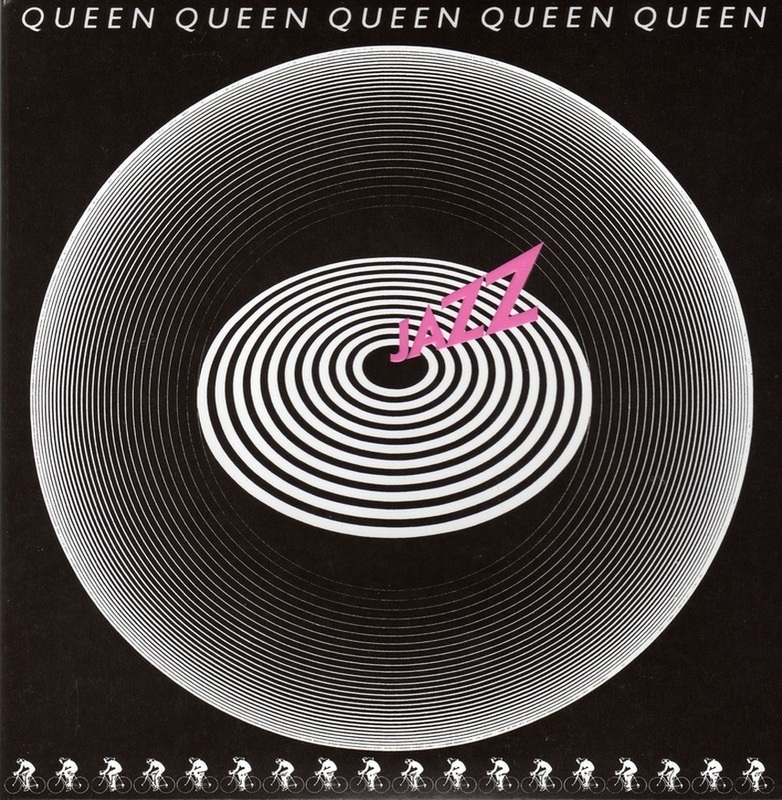
 RSS Feed
RSS Feed
